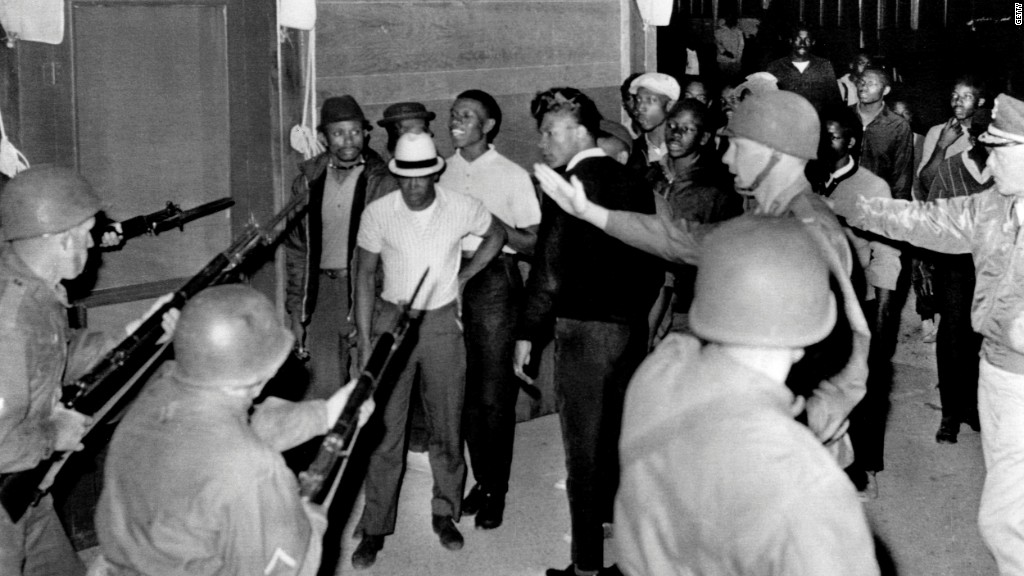Slurs Towards White People: Understanding Racial Insults

The issue of slurs towards white people, while less commonly discussed than those aimed at other racial groups, presents a complex landscape of language, power dynamics, and social perception. Racial slurs, regardless of their target, are words or phrases used to insult or demean individuals based on their race or ethnicity. Understanding the nature and impact of such terms requires an exploration of their historical context, the power dynamics at play, and the societal implications of their use.
Historical Context of Racial Slurs
Racial slurs have been used throughout history as tools of oppression, intimidation, and marginalization. For groups that have historically been marginalized, such as African Americans, Latinos, Asians, and Native Americans, these slurs have been used to reinforce social hierarchies and justify discrimination. The use of slurs against white people, while existing, operates within a different historical and social context. White individuals have historically held more social, economic, and political power in many societies, particularly in the Western world. This positioning affects how slurs against them are perceived and the impact they have.
Power Dynamics and Perception
The impact of a slur is deeply influenced by the power dynamics between the group being targeted and the one doing the targeting. Slurs against historically marginalized groups are often imbued with the power to harm because they are backed by centuries of systemic oppression, discrimination, and violence. In contrast, slurs directed at dominant groups, like white people, may not carry the same historical weight or systemic backing, potentially reducing their harmful impact. However, this does not negate the offensive nature of such language or its potential to cause harm.
Societal Implications
The use of racial slurs, regardless of their direction, contributes to a divisive social environment where race becomes a more significant factor in interpersonal and intergroup relations. This division can exacerbate tensions, perpetuate stereotypes, and hinder efforts towards racial understanding and reconciliation. In a society striving for equality and respect among all racial and ethnic groups, the proliferation of any form of racial slur can be seen as a step backward.
Free Speech vs. Hate Speech
The discussion around racial slurs also touches on the delicate balance between free speech and hate speech. While the freedom to express opinions and ideas is fundamental, there is a growing recognition that speech which incites hatred or violence towards any group based on their race, ethnicity, or other protected characteristics, poses a significant threat to social cohesion and individual well-being. This balance is challenging to maintain, as it requires distinguishing between speech that, while offensive, contributes to public discourse, and speech that intends to harm or intimidate.
Moving Forward
In addressing the issue of racial slurs towards any group, including white people, it’s essential to promote a culture of respect, empathy, and understanding. Education plays a critical role in this endeavor, as does open and honest dialogue about the history and impact of racial language. Furthermore, fostering environments where individuals feel safe to express their feelings and concerns without fear of retribution or judgment can help in navigating these complex issues.
Conclusion
The issue of racial slurs towards white people, or any racial group, is multifaceted and deeply intertwined with broader societal dynamics of power, history, and perception. While the context and impact of such slurs can vary significantly depending on the target, their use universally undermines efforts to build a more inclusive and respectful society. By understanding the nuances of racial slurs and their implications, we can work towards a future where language is used to uplift and unite, rather than to divide and demean.
What is the main difference in the impact of racial slurs when they are directed at historically dominant groups versus marginalized groups?
+The impact of racial slurs is significantly influenced by the historical and social context, including the power dynamics between the groups involved. Slurs against marginalized groups often carry more weight due to the backing of historical oppression and systemic discrimination.
How can society balance the need to protect free speech with the need to prevent hate speech?
+This balance requires careful consideration and often involves distinguishing between speech that contributes to public discourse, albeit offensively, and speech that intends to incite hatred or violence. Educational efforts, open dialogue, and legal frameworks that protect vulnerable groups can help in achieving this balance.
What role does education play in reducing the use and impact of racial slurs?
+Education is crucial as it provides individuals with the knowledge and empathy necessary to understand the historical and social context of racial slurs. By promoting a curriculum that includes diverse perspectives and the history of racial language, education can help in fostering a culture of respect and inclusivity.